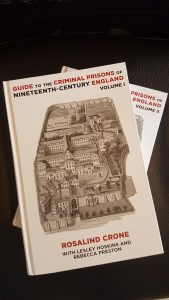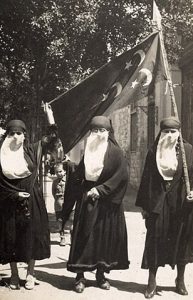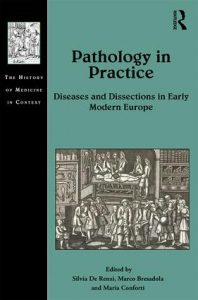Senior Lecturer in History Dr. Rosalind Crone has published a Guide to the Criminal Prisons of Nineteenth Century England.
The penal system in nineteenth-century England was incredibly complicated. It comprised two types of prison: convict prisons and local prisons. While convict prisons were under the direct control of the Home Office, local prisons were, until the 1877 Prison Act, managed by a whole host of different local authorities, from counties and boroughs to liberties and even cathedrals. Moreover, included among convict prisons were penitentiaries, public works prisons and prison hulks (also known as floating prisons), while local prisons included gaols, bridewells and lock-ups. This complexity has led to a raft of studies of individual institutions. Nevertheless, big gaps in our knowledge remain. Simply put, we don’t even know how many prisons existed in nineteenth-century England. This Guide to the Criminal Prisons of Nineteenth-Century England recovers much of that lost landscape. It contains critical information about operational dates, locations, jurisdictions, population statistics, appearances in primary and secondary sources and lists of surviving archives for 844 English prisons-including local prisons (419), convict prisons (17), prison hulks (30) and lock-ups (378)-used to confine those accused and convicted of crime in the period 1800-1899. Furthermore, through analysis of the accumulated data, the book challenges several important assumptions on the emergence of the modern prison in Britain. It also draws attention to previously unexplored patterns in the preservation and management of penal records.




